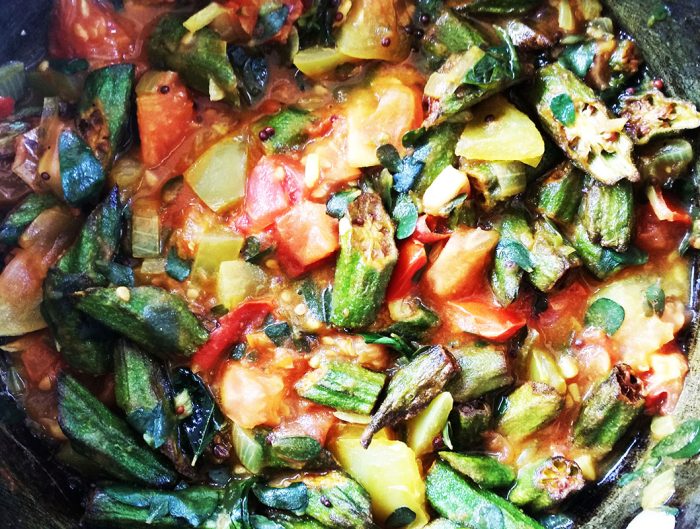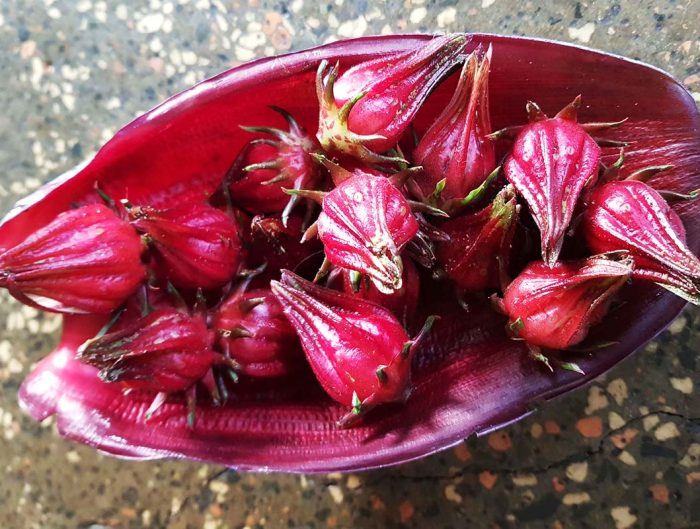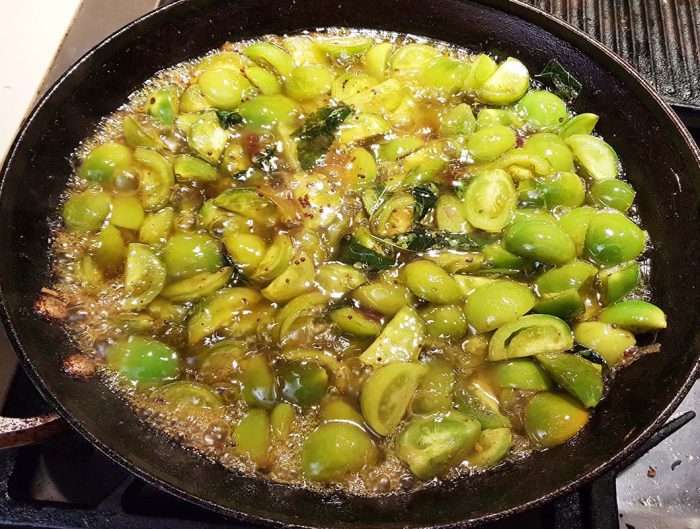Tasmania pledges 10-year ‘reset’ for $1 billion salmon industry
Tasmania’s heavily scrutinised salmon industry will undergo a “reset” under a state government plan to increase land-based fish farming and operations in deeper waters. The island’s $1 billion aquaculture industry has faced increased pressure since the release of Richard Flanagan’s book Toxic, which paints a bleak picture of its environmental impact. The state Liberal government on Thursday announced it will develop a 10-year plan, to be implemented from 2023 in consultation with salmon farmers and the community.
The pen mightier than the sword. I’ll be watching and reporting on developments here closely.
And then there’s this …
Tasmania’s salmon industry detonates underwater bombs to scare away seals – but at what cost?
With the industry set to double in size by 2030, one dubious industry practice should be intensely scrutinised – the use of so-called “cracker bombs” or seal bombs. The A$1 billion industry uses the technique to deter seals and protect fish farming operations. Cracker bombs are underwater explosive devices that emit sharp, extremely loud noise impulses. Combined, Tasmania’s three major salmon farm operators have detonated at least 77,000 crackers since 2018. The industry says the deterrent is necessary, but international research shows the devices pose a significant threat to some marine life. Unless the salmon industry is more strictly controlled, native species will likely be killed or injured as the industry expand.
https://bit.ly/3hEyOFU
‘Embrace our summer of freedom’: Al fresco future to revive Sydney
NSW Customer Service Minister Victor Dominello, who last year led reforms in reducing red tape for pubs, bars and restaurants to create or extend their outdoor seating to boost their patronage, said the city wanted “la dolce vita”: “Quite frankly after the last 18 months, we need it.” “The sweet life in Sydney – across NSW – is all about the outdoors. The time is coming to pack away the COVID doona and embrace our summer of freedom.” Ideas that are being explored from within the government include the extension of liquor licence boundaries so pubs, clubs and restaurants can spread outdoor dining to take advantage of spaces such as bowling greens and car parks, and streamlining approvals for venues wishing to make their temporary boundary change permanent.’
But will we see an Anita Ekberg Sydneysider clone wading in the Archibald Fountain?
https://bit.ly/3nHdfIv
Inside the Company Printing America’s Community Cookbooks
But some people make the pilgrimage to Kearney for something else entirely. Past the endless cornfields, a building beckons visitors to stop with a red-and-white sign, offering a free cookbook to all comers. A step inside will whisk you away from the surrounding farmland and into a magical cookbook collection, filled with creative tomes written by everyone from church ladies to bikers. Morris Press is the United States’ largest community cookbook publisher, and, at their Kearney headquarters, the diversity of their catalog is on full, delightful display.
I know of no publishing company in Australia that has provided this function. All of the community cookbooks I have in my collection – I’d have to check the accuracy of the ‘all’ – are printed by a local town printer and often are paid for through advertising or fund-raising. I also quibble at the inclusion here of spin off books from t.v. series or celebrities as community cookbooks
https://bit.ly/3kuoySo
How a First Nations Restaurateur Found Her Family Through Food
Known as the Sixties Scoop, this practice of systematic erasure actually lasted from 1951 to 1991. Cook is just one of an estimated 20,000 indigenous children who were stolen under the policy. In some cases, child welfare operatives sold the children for tens of thousands of dollars to their adoptive parents. To this day, the exact number of victims remains unknown, in part because many of the forced adoption records mysteriously disappeared or were destroyed. Cook might never have reconnected with the Nuxalk Nation were it not for food. As the years passed, she felt a growing need to understand her indigenous heritage. She worked various jobs in the food industry before it hit her that there wasn’t a single indigenous restaurant in Vancouver. With the 2010 Olympics coming to Vancouver, and the whole world watching her city, she opened Salmon n’ Bannock to create the kind of representation she felt was missing.
Multiple parallels here to colonialism as it operates in Australia. The machinery remains the same as it is built from the same roots of the trajectory from suppression through to assimilation to first nations people re-asserting food sovereignty.
https://bit.ly/3u1Z2XS
What makes your salmon pink & other mysteries of the modern plate. Unravelling the politics of food with Cooking Sections.
In their ongoing, collaborative series of projects titled Climavore (est. 2015), Pascual and Schwabe consider the impact of what we eat on the climate overall, rather than necessarily a particular food group or local economy, though these aspects are intertwined. They say, “Unlike carnivore, omnivore, locavore, vegetarian or vegan, CLIMAVORE is not only about the origin of ingredients, but also about the agency that those ingredients have in providing responses to human-induced climatic events.”As an alternative to veganism or other diet-related politics, Climavore suggests a way of eating that can have direct effects on these systems, especially if taken up collectively.
An excellent site for browsing.
Under the table: Australia’s dazzlingly diverse home cooking underground
‘
Sometimes the home cooks had a professional social media presence, a delivery provider, or even a website to order from; but often my lead was just a person’s name – I’d then have to find and befriend them on Facebook before asking about a food delivery for the following Friday. Some had menus, others just asked “what do you want?” and let me pick from the full range of their specialty cuisine.
I wonder if there is a longer history of this on how migrant communities enter the restaurant/café trade?
https://bit.ly/3uY1ZZI


